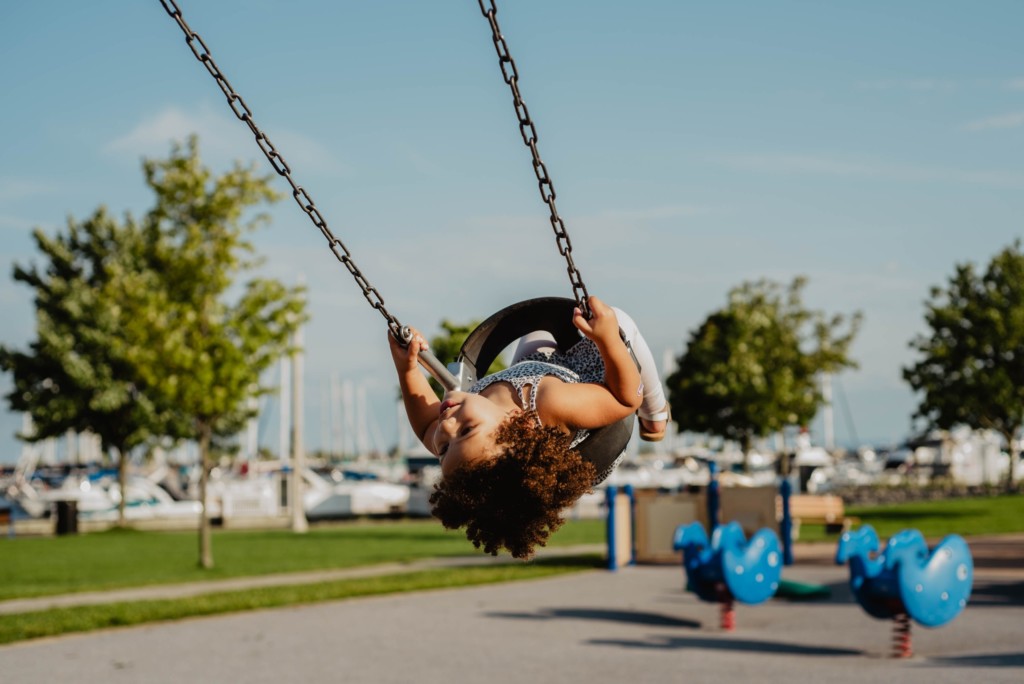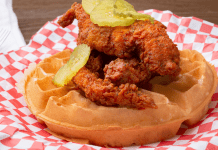For as long as I can remember, the octopus has been one of my favorite animals. They’re unusual, extremely intelligent, seemingly creative, flexible beyond belief, and you would think they might be quite good at multi-tasking. As a mom, these are all qualities I try to possess, especially the ability to multi-task! Can you imagine? With eight arms, you could cook the multiple dinners required by your family of picky eaters, while wiping up the spilled sippy cups and crumbs strewn around the house, while brushing tangles out of your toddler’s hair, while soothing a crying baby! All you moms of multiples (I honestly don’t know how you do it!)– you could wrangle multiple children at once, push more than one stroller, hold all your kids’ hands while walking across the parking lot. Oh, the possibilities!
While we may yearn for extra limbs to be able to get all of our never-ending chores done more efficiently, you should be grateful you aren’t an octopus. Octopus moms only reproduce once. Now, that may not seem like a big deal considering, depending on the species of octopus, they can lay between 80 and 100,000 eggs at once. BUT- once an octopus lays her eggs, she quits eating and she never leaves her den again. She protects her eggs from predators until they hatch, and then she dies. Of the hundreds or thousands of eggs, the mother octopus died to protect, only a handful (as in a single-digit amount) are likely to survive.
It’s a truly heart-breaking example of the sacrifices moms make to protect their children.
On a somewhat related and happier note, October 8th is World Octopus Day. To help celebrate these truly amazing creatures, here are eight fun facts to share with your kids (or anyone else who may be interested in octopus trivia):
- The correct plural form of octopus is in fact “octopuses”, not “octopi”.
- Octopuses have 3 hearts (the more to love those thousands of eggs with!).
- The suction cups found on the octopus’s 8 arms have chemoreceptors so the octopus can taste what it touches.
- Octopus arms are NOT tentacles, they are just referred to as arms. Tentacles only have suckers on the ends, as with the two longer limbs on squids.
- All octopuses are venomous, but only the venom of the blue-ringed octopus (found in Australia) is harmful to people.
- An octopus has no bones.
- Not only can an octopus change its color, but it can also change the texture of its skin. (click here for a short video clip showing an octopus change colors as it moves around underwater)
- The Giant Pacific Octopus is the largest species and can weigh up to 600 pounds.
















